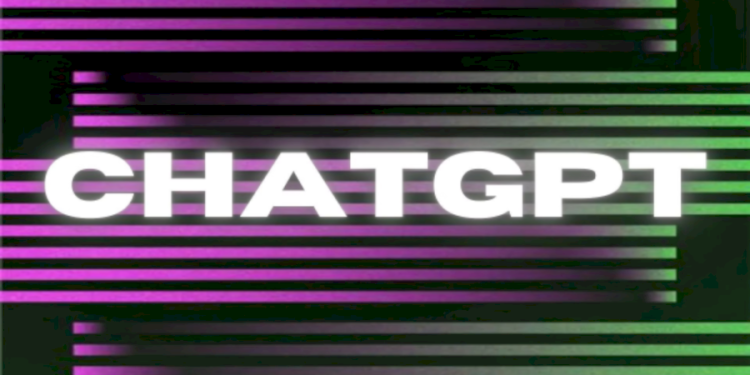The widespread adoption of ChatGPT exemplifies the effect that generative AI can have on cultural norms. Even though the vast majority of people feel that chatbots powered by AI can save a substantial amount of time and money, some individuals are concerned that in the long run, they could put a number of different professions in jeopardy. On the other hand, OpenAI, the company that developed ChatGPT, has some other worries that are significantly more sceptical. According to OpenAI, artificial intelligence needs to be rigorously monitored and investigated in order to stop things from growing even worse.
The fact that the chatbot behind ChatGPT is powered by AI and can even examine code is only one of its many advantages. Although it is possible that the chatbot will not always provide accurate information, many people believe that it is a useful point of reference. The question that arises, however, is whether ChatGPT will be of use to cybersecurity professionals or whether it would make their jobs more difficult as a potentially strong weapon in the hands of cybercriminals. The correct answer is most likely both of them. The community of security professionals and researchers are continually putting publicly available technologies, such as this most recent AI-powered chatbot, through its paces to determine the various ways in which they might be exploited. In point of fact, there have already been a significant number of posts and tweets concerning the application. This holds true for those who pose a cyber threat as well. It would be a shame to waste such a beautiful and powerful instrument as ChatGPT by not employing it as a cyberweapon. This kind of testing is already going done through the use of ChatGPT.
The bot has shown to be difficult to ignore, which can be a good or a bad thing. It garnered the interest of major media sites, amassed more than a million members in a span of just five days, and was widely mentioned in social media trends. Elon Musk also made reference to it in a tweet, writing, “ChatGPT is terrifying good and we are not far from dangerously strong AI.” According to OpenAI, ChatGPT, the company’s most recent artificial intelligence bot, was developed to speak in a conversational fashion. This allows the bot to answer to follow-up questions, admit mistakes, challenge incorrect premises, and more. To get back to the point that started this whole conversation, how does ChatGPT affect cybersecurity? Is it more likely to tip the scales in favour of cybercriminals, or more likely to do so in favour of cyber defenders and security researchers?
Malware and the ChatGPT Trojan
Researchers have lately come across a discussion on the dark web entitled “ChatGPT — Benefits of Malware.” In this thread, someone claims that they are able to develop basic infostealer code with the chatbot. This assertion was investigated, and the results showed that it was correct. This demonstrates that ChatGPT could provide script kids and other “newbies” with an advantage when it comes to constructing malicious programmes because it requires fewer technical abilities than they might otherwise need. If you find yourself wondering what the future of cybersecurity and ChatGPT will look like or whether or not ChatGPT will be helpful to cybersecurity experts, you are not the only one who has these thoughts. We should expect the AI-powered chatbot to become smarter and more powerful as users become more knowledgeable about how to effectively organise their inquiries to achieve the best outcomes.
As was the case with earlier iterations of AI, ChatGPT will almost certainly improve its level of expertise as time goes on and as it is exposed to an increasing number of cyber-related questions and pieces of information. We are all aware that any given piece of technology can be put to either beneficial or destructive use. OpenAI has committed to updating and improving ChatGPT based on the comments and suggestions provided by users. Future improvements to ChatGPT could make the bot a more potent ally to defenders, but they could also make it a more formidable foe.









